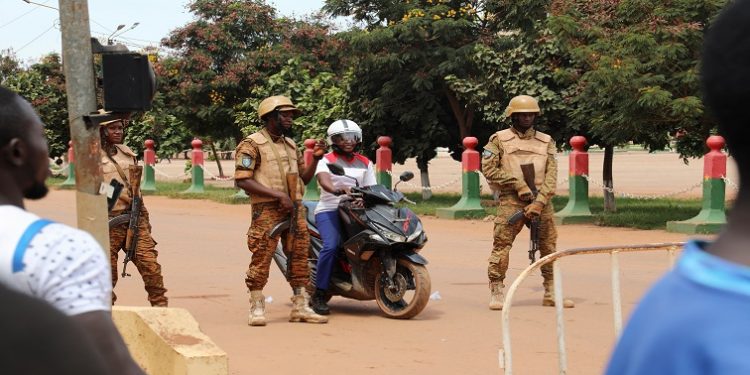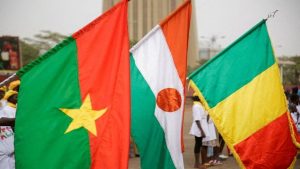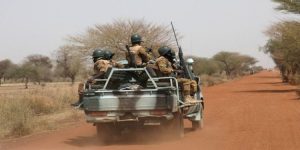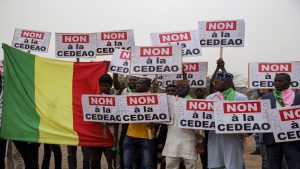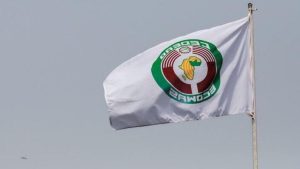The coup in Burkina Faso on Friday, the second in the country so far this year, was caused by the government’s failure in addressing terrorism, and the country needs proactive dialogues to create ways for a democratic transition amid increasing division within the military, said political economist specializing in conflict and security research Gideon Chitanga on Saturday.
Burkina Faso Army Captain Ibrahim Traore announced Friday evening that the country’s president, Lieutenant Colonel Paul-Henri Sandaogo Damiba, was evicted.
Heading a group of military officers, Traore declared in a broadcast statement the suspension of the constitution and of the charter of the transition, the dissolution of the government of transition, and the imposition of a curfew from 21:00 to 05:00.
He also announced closure of the country’s borders until further notice, and suspension of activities of political parties as well as of civil society organizations.
Burkina Faso military leader announces second coup for the year
Traore said he would convene all forces of the country to elaborate a new charter and to appoint a military or civilian president for Burkina Faso.
Commenting on the Friday coup during an interview with China Global Television Network (CGTN) via video link, Chitanga said:
“It’s a coup in a coup. It looks to me like the Damiba junta is disintegrating in their serious internal divisions. On the surface, they look like divisions based on strategy on issues of how to respond to the issue of a festering terrorism in Burkina Faso, particularly in the northern province and the eastern province, and the general state of insecurity. So it feels like within the military that the current government, or the government that has just been removed, is failing to address the security situation. But I also think that the military is increasingly divided.”
“But in general, coups have a way of generating other coups, because they do not provide mechanisms of dealing with administrative issues or strategy,” he continued.
In the two coups in the country so far this year, the coup leaders said on both occasions that they had to step in because national security was so dire.
“This is a bit of a long-term problem, particularly in the northern part and the eastern part, the jihadists, and some researches suggest that they could be service of ISIS,” said Chitanga.
“It’s not clear that the former regime was actually reforming. For sure, it adopted what they called a transitional charter, but there were no clear steps towards re-democratizing the country. The transitional document was probably just a first step, but at this stage, there is need for a very strong message and I think proactive dialogue to create pathways to a democratic transition,” the expert said.
Friday’s coup was the second in Burkina Faso so far this year. In the one on January 24, President Roch Kabore was overthrown, and Damiba was sworn in on February 16.
Coup concerns in Burkina Faso


